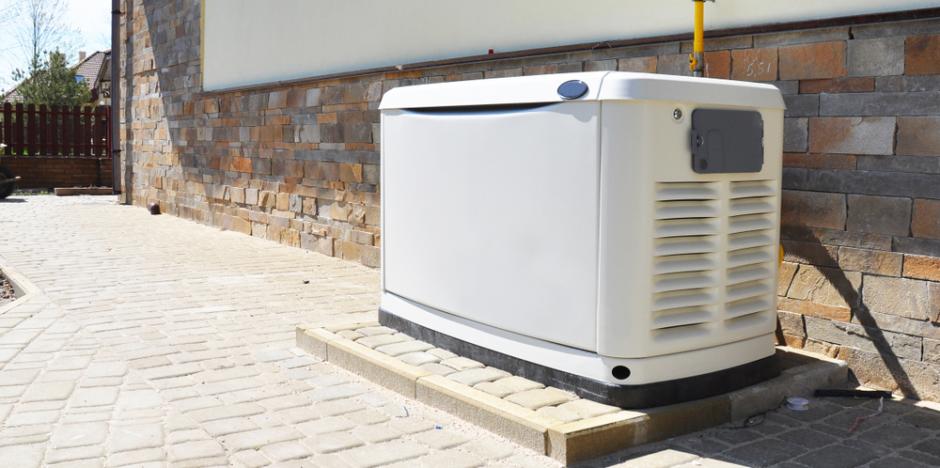As winter approaches, many Peoria and Bloomington IL homeowners are wondering whether they should install a generator to power their homes when the power goes out. If you’ve taken that first step, the next question you should ask is, “Should I get a whole house or standby generator?” To answer this question, the power pros at AAA Northgate explain the different options for generators available.
What Types of Generators Are There?
There are three types of generators available. The smallest type is the portable generator, but it needs to be fueled, hooked up, and started by someone. If that sounds like a hassle, two other options are great solutions for East Peoria IL homeowners.
How Does a Standby Generator Work?
A standby generator activates automatically whenever there is a power interruption. These generators are installed outside your home and connected to a fuel line, usually propane or natural gas. The generator is connected to your main electrical box to power the essentials in your house, like your heat pump or air conditioning, refrigerator, water heater, water well, septic pump, or interior lighting. A standby generator generally produces 9-20 kilowatts (kW) of power.
What’s Different About a Whole House Generator?
A whole house generator is basically a standby generator that is large enough to power your entire household, producing between 22 and 40 kW of power. They also operate using natural gas or propane and automatically activate when the power goes out.
Which Generator is Right for My Home?
Selecting the right generator is not a one-size fits all proposal. If your generator is sized too small, you won’t be able to keep the appliances or systems you need running during an outage. If your generator is too large, you’ll end up wasting fuel and adding unnecessarily to your carbon footprint. Getting your Morton IL home generator sized right is the goal of the generator experts at AAA Northgate.
What Are the Factors to Determine Generator Size?
To understand your unique power requirements, think about a potential power outage that lasts several days. First you’ll want to take care of basic energy needs like water, septic, and lighting. Then consider the add-ons that will increase the amount of power you’ll need. Will you need to operate large power draws like a furnace or air conditioning? Will you need to run both the clothes washer and electric dryer during the outage? Will you need to bake in the oven? Are there medical devices that are essential to keep operating during an outage? All these appliances will have an energy amount attached to them. Once all these are added together, you’ll have the approximate size you need.
Geothermal Heating Paired with a Standby Generator?
Geothermal systems offer great efficiency for both heating and cooling. Pairing your geothermal with a standby generator means your comfort is guaranteed whenever the power goes out. Geothermal systems require 240 volts to start up, so you’ll want your AAA Northgate technician to size accordingly.
Financing & Incentives for Energy Efficiency Upgrades
Saving energy with an upgrade to geothermal or adding a whole house or standby generator doesn’t need to put a strain on your wallet. In addition to cutting energy costs and keeping your family comfortable during a power outage, AAA Northgate offers affordable financing and rebates to keep your investment within your budget.

